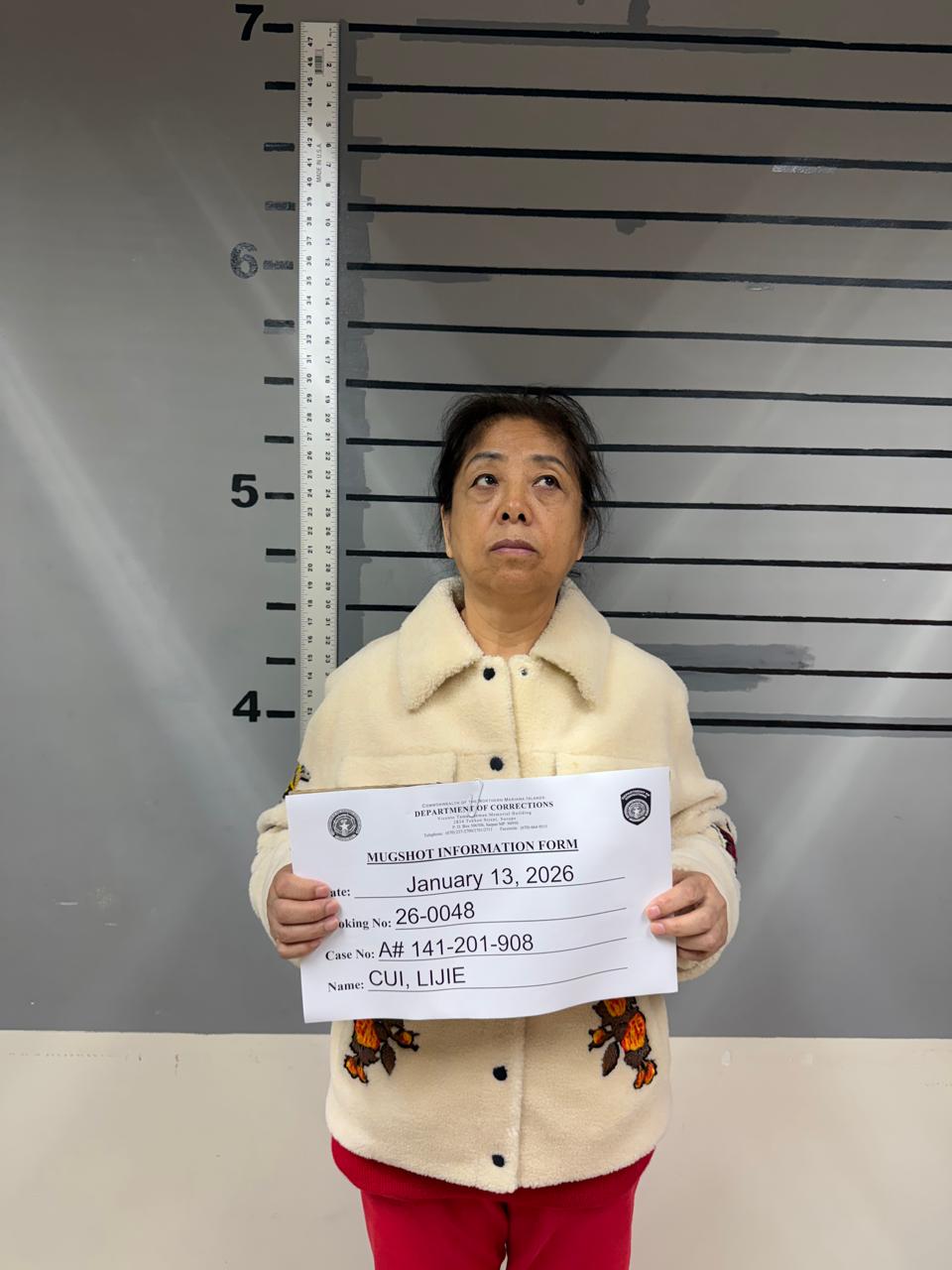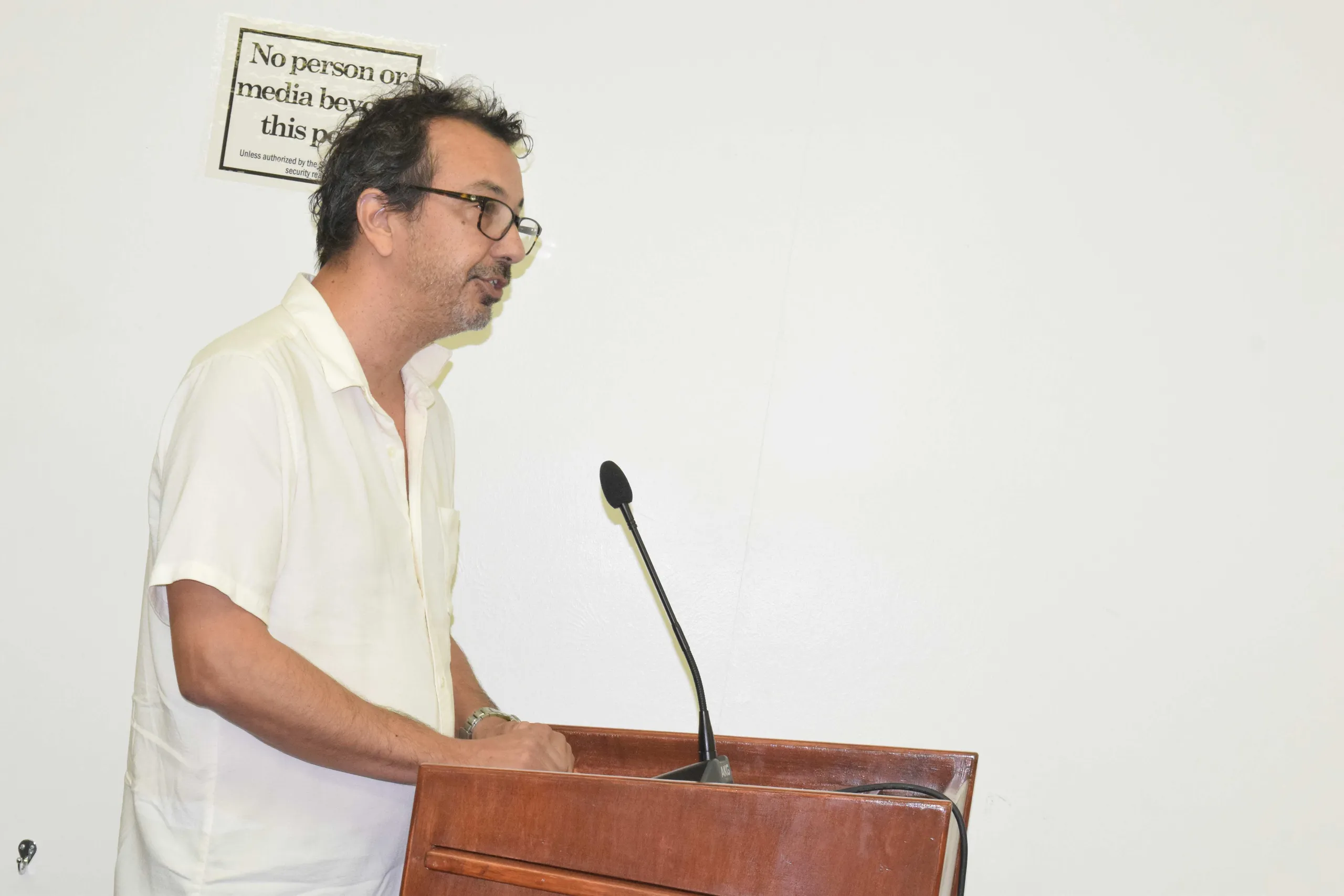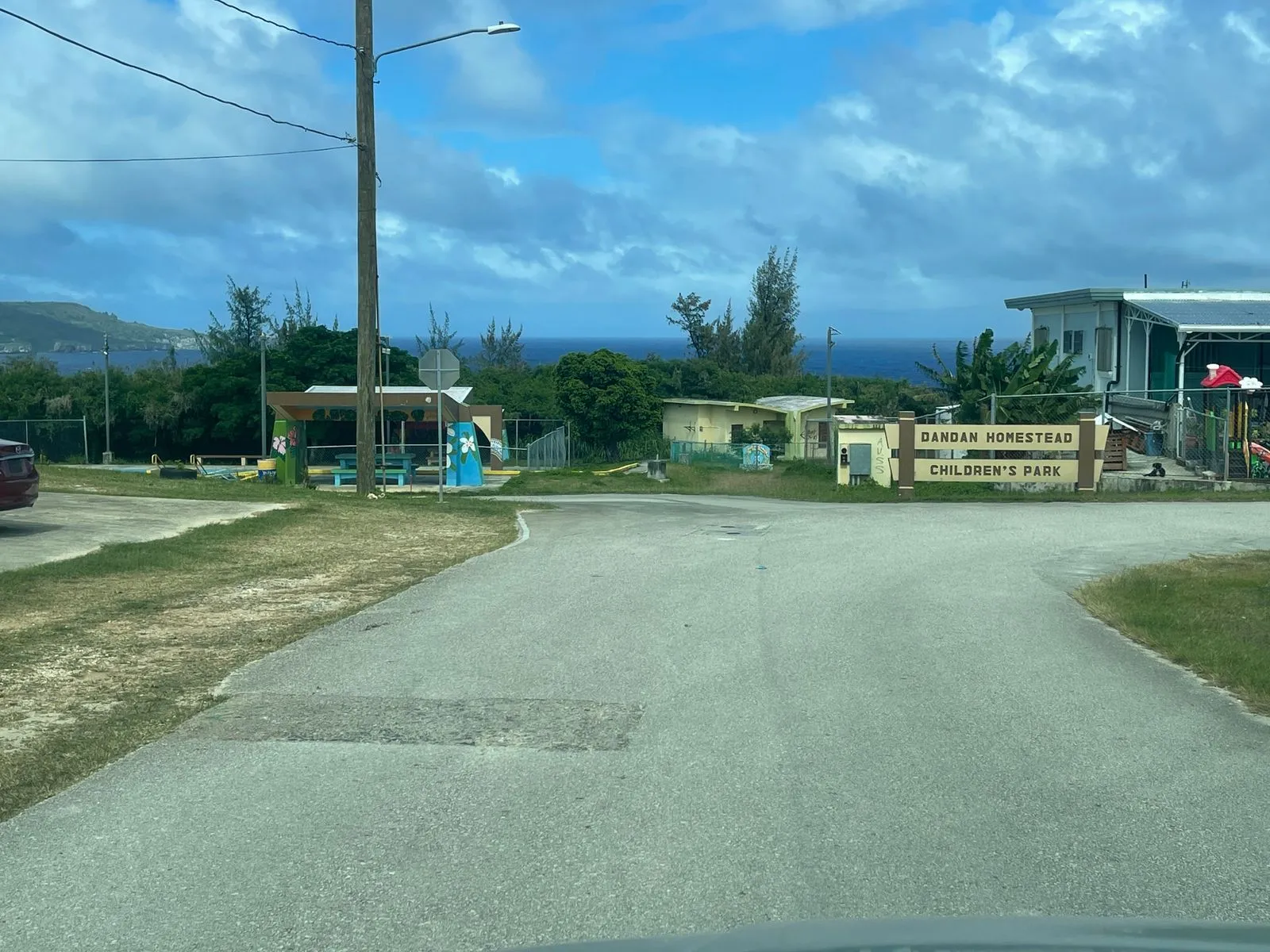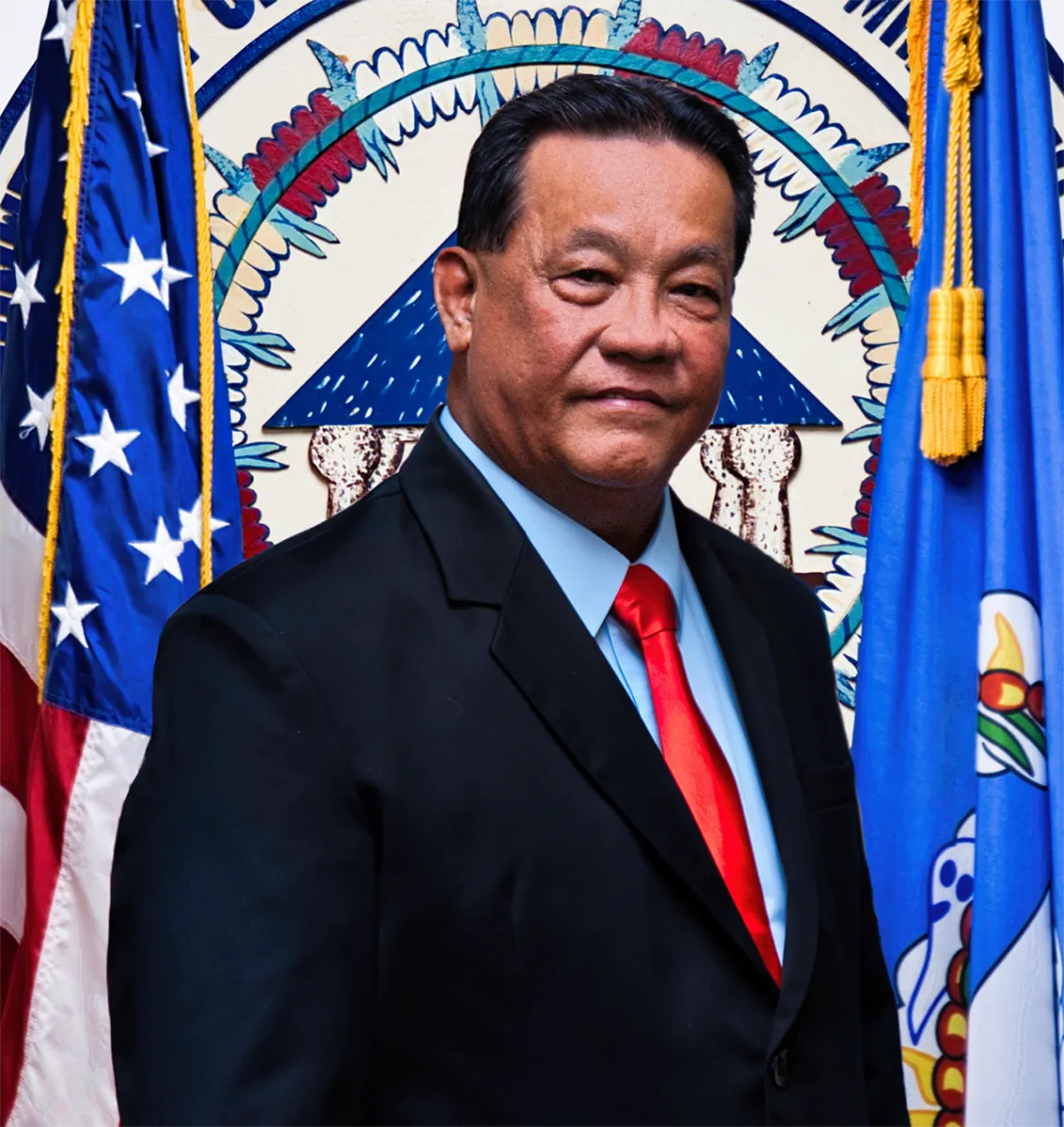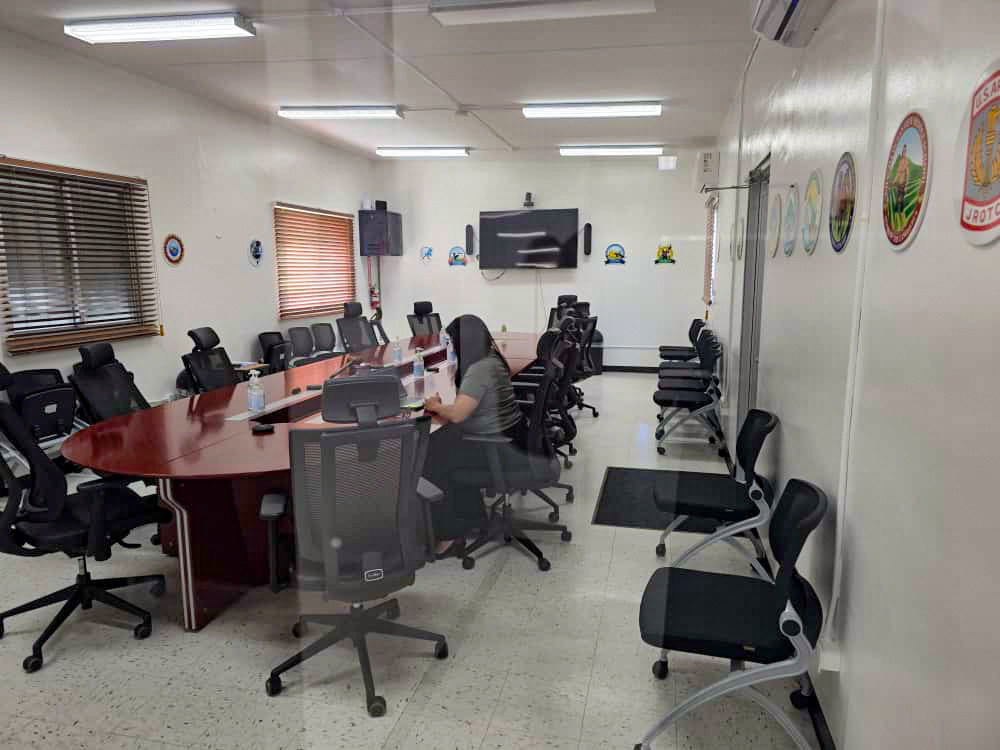A special Board of Education meeting Friday failed to address internal issues, with three voting members and two non-voting members present. Four of five voting members are required for a quorum, leaving the BOE unable to take action.
The meeting was announced in accordance with the Open Government Act and called by the majority of board members to address issues pending among the elected policymakers.
Originally scheduled for 9 a.m. at the BOE conference room on Capital Hill and available on Zoom, the special board meeting was scheduled to discuss the following matters in the agenda:
1.) Request for an internal investigation from an outside agency.
2.) Board resolutions to elect a new set of officers, to disallow micromanagement among any individual board member, and to talk about a waiver of any wrongdoing by any individual board member.
3.) Discussion and possible action on board officer positions, board committees, and leadership roles.
4.) Board authority in hiring/salary negotiations of PSS employees.
5.) Adherence to Code of Ethics.
According to BOE officer manager Valerie Malwelbug, no quorum was met because only three voting members showed up.
Board member Maisie B. Tenorio arrived at the conference room on Capital Hill, while board members Andrew Lujan Orsini and Antonio L. Borja participated online. Non-voting members, Non-Public School Representative John Blanco and Teacher Representative Dr. Dora B. Miura, were also attending via videoconference.
BOE Chairman Aschumar Kodep Ogumoro-Uludong and Vice Chairman Anthony Dela Cruz Barcinas did not show up.
Reports
In an interview Friday afternoon, Ogumoro-Uludong said he did not receive the reports he asked the respective committee chairs to submit. He said he put out a memorandum three months ago, requesting reports from the committees. Some committees have complied.
In particular, he said these were reports from the Fiscal, Personnel, and Administration Committee (FPA) and the Legislative Intergovernmental Affairs Committee (LIA).
The chairman said he did not receive the reports, which are supposed to be “the reflection of the works that the members have done.”
“I’m all about transparency and accountability,” Ogumoro-Uludong said. He reiterated that in any board meeting, committees report to the board. So what he requested three months ago from all the committees was to look at the by-laws of BOE, review the duties and responsibilities of each committee, and report to the board what each committee has done relative to those duties and responsibilities.
Disappointed
Both Tenorio and Orsini expressed disappointment in separate WhatsApp interviews.
Tenorio said last Friday’s scheduled meeting, which was announced as required by the CNMI Open Government Act for all boards and commissions, was agreed upon during the last BOE meeting — which was also approved by the majority of the BOE members.
“I am disappointed that we did not make quorum today,” Tenorio said on Friday.
“The chair assured board members that we would have an opportunity to address our concerns as soon as we addressed the budget plan, which was approved at the last special BOE meeting,” she added.
Friday’s special board meeting agenda, she noted, included critical matters, a few of which the chairman himself added.
“These past few months have been difficult, but I remain committed to doing the right thing and honoring my oath,” Tenorio said.
‘Excuse’
Orsini, for his part, said, “It was unfortunate that it came out this way. We have tried to get a resolution to the situation, but we’ll have to pursue further in making things the right way.”
As to the failure to submit committee reports, Orsini said the chairman was “giving an excuse.”
The committee reports the chairman had asked for since Aug. 15 were reported and submitted during a regular board meeting on Tinian, on Oct. 15 — the same meeting that the majority of the BOE members agreed to meet on a special meeting to address the internal issues.
“He is just avoiding the meeting to be scrutinized publicly for his wrongdoing,” Orsini said.
He also said that the law requires BOE to meet quarterly. These are the scheduled State Board regular meetings, and the only times committee reports are required to be submitted, not in the special board meetings.
Public accountability
The agenda identified in the notice of the special board meeting published in Variety on Thursday caught the attention of members of the community.
One of them, URAALI Refaluwasch Association – Senior Advisor and Cultural Practitioner Melvin L.O. Faisao, in an email to Variety, said, “These agenda items are both timely and essential. It supports public accountability, protects our PSS workforce, and ensures better outcomes for students and families across the Commonwealth.”
He said he strongly supports efforts to clarify and strengthen the governance boundaries between the BOE and the Commissioner of Education, particularly regarding authority over hiring and salary determinations. He explained that the NMI Constitution and statutes designate BOE as the governing and policymaking body of PSS. These include responsibility for personnel policies, salary frameworks, evaluation standards, and overall workforce governance. He stressed that clear boundaries help prevent administrative overreach, inconsistency in compensation, and loss of public trust.
Faisao also expressed support for BOE’s intent to ensure salary equity and fiscal responsibility because “ambiguity over hiring or salary-setting authority can lead to uneven pay for similar positions, salary offers made without fiscal sustainability review, perceptions of unfairness among staff, and administrative decisions misaligned with Board policy.”
On the other hand, he said reaffirming the BOE’s authority strengthens equity across the PSS workforce, budget discipline and compliance, consistency in human resource management processes, and accountability and transparency.
He also noted that the education commissioner “plays an essential operational role — implementing policies, managing daily operations, and ensuring system continuity. However, administrative implementation does not replace the board’s final authority.”
A strong relationship between the board and the commissioner, with clearly defined lanes, ensures stability, fairness, and effective governance for educators and students, Faisao said. Clarity in the authority between BOE and the commissioner, he said, “directly supports stronger teacher recruitment and retention, fair and sustainable compensation, efficient budgeting that preserves classroom resources, and consistent, equitable HR decisions.”
“A well-governed system protects the interests of our children — the heart of the Public School System,” Faisao said.
So, Faisao urged BOE to reaffirm its statutory authority in hiring and salary governance, establish clear limits and procedures for administrative delegation, ensure consistent application of Board-approved compensation standards, and strengthen cooperation with the Commissioner through transparent processes.


